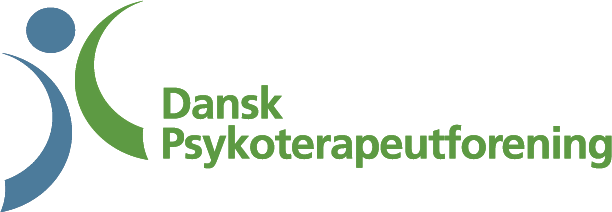About Erik
My background as a therapist
I graduated from the Psychotherapeutic Institute Aarhus (2016-2020). I ground my work on a humanistic, existentialist approach. Human life and development are based on relationships rooted in relations in time, space, and my therapeutic practice relies on strengthening the client’s agency.
The therapy can be both short-term (3-5 consultations) or long-term. During the first consultation, you and me agree on what could be the focus of the therapy. The focus can be adjusted and changed during the therapy.
Alongside with my work as a psychotherapist, I do research on children’s and young persons’ wellbeing, and research on attachment patterns and experiences of 0-1-year-old children in family and institution. Previously, I did research on stress and burnout within various professional groups.
Degrees
- Psychotherapist, MPF, 2020
- Ph.D. in Childhood Sociology, 2005
- Cand. mag et art with a major in Nordic Literature and minors in both Pedagogy and Psychology, 1985
Work experiences
- Since 2018, I have been working as a therapist and researcher
- From 2005 - 2019, I was rector and dean in higher education institutions
- From 1981 - 2005 I was teacher, consultant and researcher
Statements from clients...
E: The very first thing I would like to ask you is what made sense to you by having our sessions?
P: The first thing that strikes me here is the way you can make a perspective of all the hours we've been talking. You have helped me a lot in making a perspective on the things we are talking about. You explain it, like a yarn wrench… that what one go through and the difficulty can be described as a messy spruce wrench, you then quietly roll up. I realized that sometimes I have turned my head towards a problem, and you may have returned to a previous session and said to me "now I think this thread is messed up, perhaps we should look at it again”. This has been very meaningful to me.
E: We've been talking for a while now. How did the frequency of our meetings suit you? Can you say something about that? Too often, too rare? We have met approximately every fourteen days in a year or so.
P: Yes, it has been flexible. It has suited me really well, I think. It was what I needed. Sometimes it has been each 3 week, sometimes it has been every week. I think it's really nice that it's been something you've been open to that we could do that way. You have also been good at noticing where I was. Sometimes I may not even known it myself. You have been good to suggest, "well now I think we should bring this subject up a bit, because I can feel that a lot is happening right now with you". Sometimes I’ve needed to reflect up a bit longer, and let things happen just as it comes. And there, it might have made sense to meet a little less often, and sometimes, things have just burned on and I needed your guidance. (…)
It has been myself who has made the decisions, but our conversations have led me to the place where I could make them. When we met, I was just somewhere in a panic, I could not do anything. I was totally overwhelmed and paralyzed. I say it again; you have helped me to see a perspective in it. (…)
E: You know what I'm going to use this for my website, and I want to hear if it's OK for you? You will be anonymized of course. No one knows where you are coming from. The text will be in English and Danish. So I just want to hear, is that OK from you?
P: It's all right. I totally trust you.
Excerpt from a conversation between Peter (client) and Erik (therapist) about a long-term therapy.
I lost my husband a year ago. He died just 12 hours after a complicated surgery. Most of the people around us expected this outcome. Not me. Not even when the surgeon, after the operation, called me with a grave voice. "Everything that could go wrong, went wrong."
The backbone of my existence in all these following months, was the therapeutic process that Erik accompanied me on. He helped me stay present and not run from what I was feeling. What I still feel. And I know my avoidant tendencies. Our meetings were the only safe space where I was able to cry. Where I unloaded all the guilt, the fear, self-doubt, the anger. I'm not a religious person, there was no other process for me. I learned to trust myself more, to accept that there is no recipe for how to feel, or behave, or react when you lose someone that you feel was part of our own being. It was grief, combined with the anxiety of finding my own way after years of putting myself lower on the list of priorities.
It's so hard. And yet, I'm one of the lucky ones. My husband said goodbye that morning, when I took him to the hospital for the surgery. He said he loved me to the best of his ability. He also left a goodbye note to our two years old daughter. So, the most important words have been said. I think that eased my pain greatly.
Maria
Previous
Next
